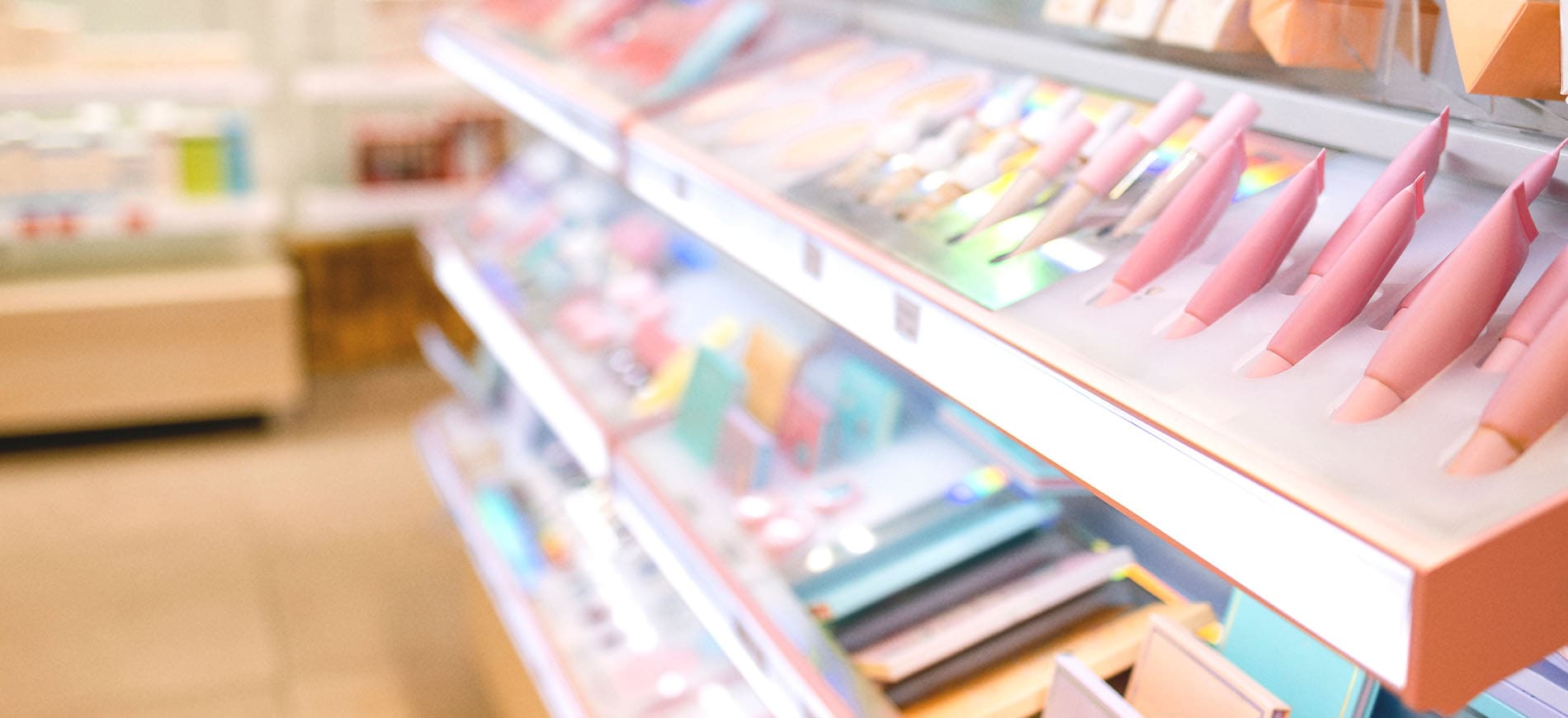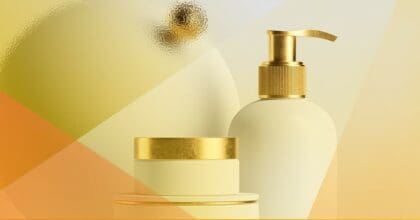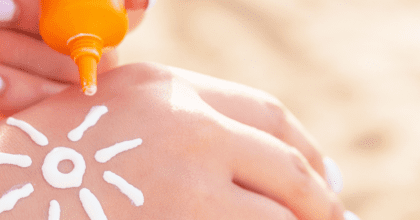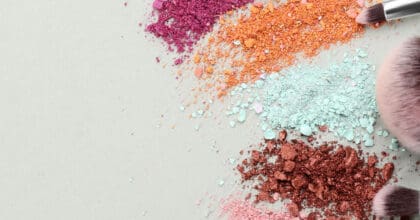Change was the only constant last year when every element of our lifestyles readjusted. The hint of uncertainty – appropriate for unprecedented times that we are currently undergoing – gave rise to many ‘What’s next?’ questions – often answered with wild opinions.
Walking the line between innovative and essential is the challenge in the beauty industry today. In the Mintel 2021 Global Beauty and Personal Care Trends, we examined four consumers behavioural drivers – Technology, Surroundings, Wellbeing and Value – diving into emotions and micro needs that prompt consumers to buy. These will prove to have an essential influence on our industry in the inevitable return to “normal”.
Tailored technological opportunities for beauty retail, beauty technology and wellbeing
In the 2018 Mintel BPC trend, ‘Private Eye’, Mintel Beauty analysts forecasted that motion tracking, technology and data exchange will continue to escalate within the beauty industry. The trends focused on a richer layer of interaction to online and offline shopping and sampling.
The technological shift goes beyond omnichannel experiences and devices. From a retail perspective, redesigning touchpoints will be a constant challenge to beauty companies even without the backdrop of a pandemic.
A striving digital battlefield sees the rapid increase in the number of eCommerce sites, live streaming videos and many new influencers, all vying for a share of voice in an overwhelming industry. The future of retail will consist entirely of digital real estate – one that brings social commerce, merchants, retailers, advertisers together in one place.
We are working to create a complete ecosystem that includes product discovery and is both seamless and smart, tapping into one another’s established network of services and consumers. It will be a joint effort from all beauty players to offer a truly seamless shopping experience as opposed to what we have now: standalone sites and individual brand sites at present.
Do not undermine the power of scent and sound in beauty: both of which will impact technology and wellbeing. Haptic technology will reignite senses – and while still not yet seen in beauty, it will aid the redesign of retail touchpoints.
This will enable how both brick and mortar, as well as digital retail, will redesign how we see, touch, feel and smell. Often, beauty is seen – with the colors, images of ambassadors and the text in communications, but the world doesn’t want to only see beauty. Brands are challenged to elicit new layers of emotions that will also allow consumers to hear beauty.
Sound is not limited to brand communications but also in creating the measurable layers of mind-body connectedness that will support wellbeing, for a higher precision to beauty solutions in the future.
The heart and soul of the beauty industry is self-made consumer networks
The relationship between people and spaces has shifted, with a greater consideration of the planet and our community. While the lack of global travel has disconnected consumers from the rest of the world, it brought about another form of connectedness within local communities.
Mintel’s 35-market consumer research study shows that a quarter of consumers in Thailand are willing to trade up on beauty, personal care & household products to support their local community. Community relationships should be high on the agenda for brands as a long-term consideration and strategy, and not overlook potential new consumer groups, fresh sets of networks, and talents as future brand contributors.
Beauty enters a new era of trust
Trust is the new value and beauty must move beyond selling on brand names — this no longer reflects how consumers buy or trade up. The ‘who’ factor does not play out as strongly as the ‘how’, ‘what’ and the ‘why’ – how is this product made, what is the purpose and value and why should I buy it?
The spectrum of value is constantly being stretched in the consumer’s perspective – from what used to be dictated by prices, to now: convenience, experience, emotions, purpose and community. Brands that fail to identify their value positioning will not survive this trial, even if the current scenario works to their advantage.
Constant business pivoting can result in short-lived results – especially if brands pivot merely to find solutions to “these circumstances” – ie the pandemic. Only when brands reinvent both the how and what consumers are consuming in beauty — by using their core values as compasses instead of sails — will we see long term business sustainability.
All of these cannot be done without considering consumers’ behaviour, emotions and the ever-changing surroundings in which they now find themselves – still strangely and unwittingly even after a year since COVID-19 emerged – immersed.







































